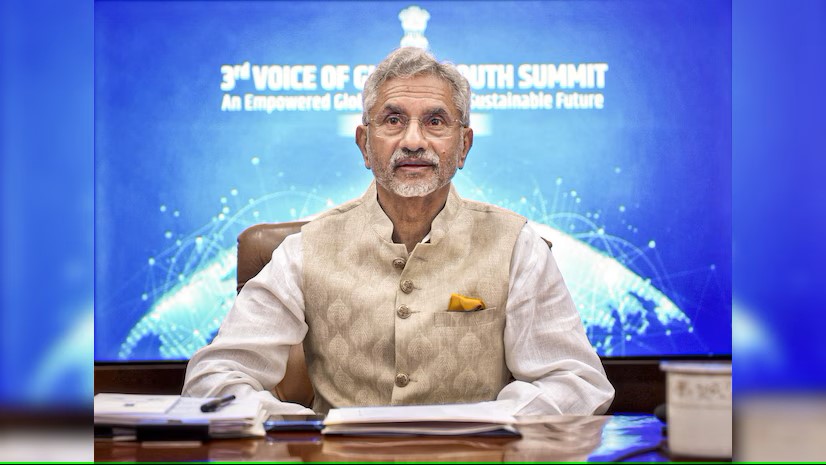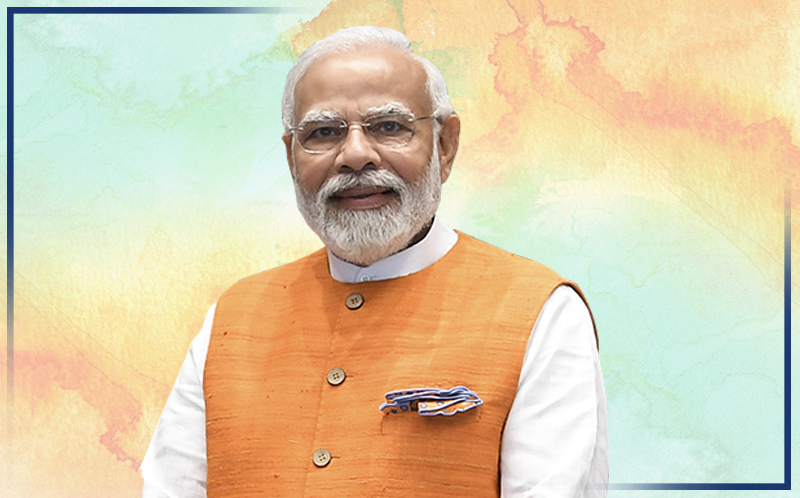 Aggravated by what they perceive as the government’s dismissal of their core demands, particularly regarding the minimum support price (MSP) for crops, farmers are amplifying their agitation. Today’s planned “rail roko” protest in Punjab threatens further disruption, adding to the already tense atmosphere at the Delhi borders.
Aggravated by what they perceive as the government’s dismissal of their core demands, particularly regarding the minimum support price (MSP) for crops, farmers are amplifying their agitation. Today’s planned “rail roko” protest in Punjab threatens further disruption, adding to the already tense atmosphere at the Delhi borders.While a third round of talks between farmer leaders and Union ministers offers a glimmer of hope, the path to reconciliation remains fraught with challenges. Previous rounds yielded minimal progress, leaving farmers skeptical about the government’s sincerity in addressing their concerns. The success of these talks hinges on the government’s ability to offer concrete concessions on MSP and other contentious issues, while farmers must demonstrate a willingness to compromise without sacrificing their core demands.
The human cost of this standoff is becoming increasingly evident. Clashes at the borders have resulted in injuries on both sides, highlighting the simmering anger and frustration. Commuters in Delhi continue to face inconvenience due to the heavy security measures and traffic disruptions. The longer the impasse persists, the wider the ramifications will be, impacting not just livelihoods but also the broader social and economic fabric of the nation.
The February 16 nationwide strike casts a long shadow, injecting uncertainty into the coming days. The extent of participation in this strike will be a crucial indicator of the farmers’ resolve and their ability to garner wider public support. The government, on the other hand, faces the delicate task of maintaining law and order while finding a face-saving solution that addresses the farmers’ grievances without appearing to buckle under.
Finding common ground amidst entrenched positions seems like an uphill battle. However, it’s crucial to remember that both sides ultimately share a common goal: a sustainable and equitable agricultural sector that secures the livelihoods of millions of farmers and ensures food security for the nation. Real progress can only be achieved through genuine dialogue, mutual respect, and a willingness to compromise for the greater good. The coming days will be a test of both sides’ statesmanship and their ability to rise above their differences to find a lasting solution to this complex and emotive issue.
While the national media tends to focus on the grand narratives of the protest and the upcoming talks, it’s crucial to remember the human stories unfolding on the ground. Individual farmers, with their families and anxieties, are at the heart of this movement. Understanding their motivations, aspirations, and fears is essential to finding a solution that resonates with them and addresses their specific concerns. Additionally, the impact of the protest on local communities, businesses, and the national economy needs to be carefully considered.
The farmers’ protest is a complex issue with no easy answers. It’s important to avoid simplistic narratives and instead approach the situation with empathy and understanding. Recognizing the legitimate concerns of both farmers and the government is crucial for fostering constructive dialogue and finding a path forward. Ultimately, a sustainable solution can only be achieved through open communication, mutual respect, and a willingness to compromise for the greater good of the nation’s agricultural sector and its people.




